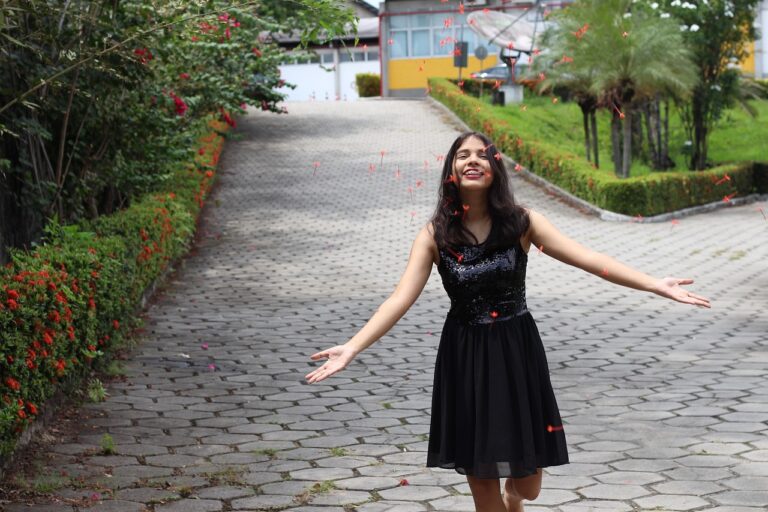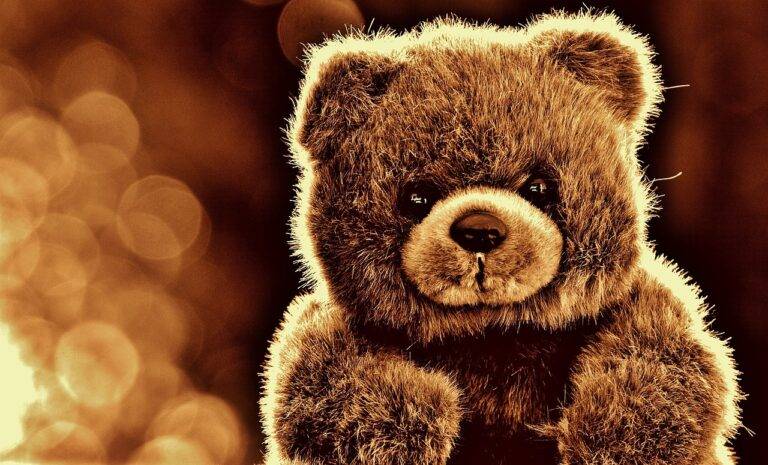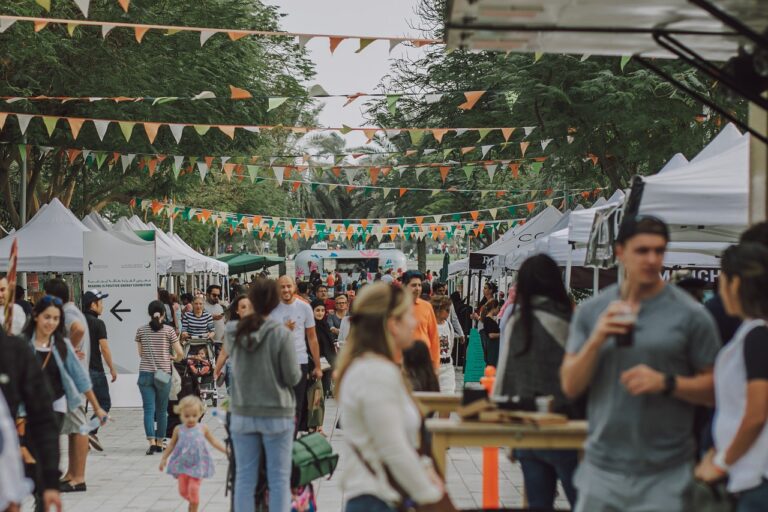The Influence of Cultural Censorship on Entertainment: Challenges to Creative Expression
Throughout history, cultural censorship in entertainment has been a prominent tool used by authorities to control the dissemination of information and ideas. From the early days of literature and theater to the modern era of film and music, governments and institutions have sought to restrict content considered morally or politically objectionable. This practice dates back to ancient civilizations, where rulers enforced strict guidelines on artistic expression to maintain social order and conformity.
As societies evolved, cultural censorship became more sophisticated, with the introduction of printing presses leading to increased scrutiny and regulation of books and pamphlets. The emergence of mass media in the 20th century further amplified the impact of censorship, as governments and powerful interest groups aimed to shape public opinion and suppress dissenting voices. This historical backdrop serves as a reminder of the enduring struggle between the desire for creative freedom and the impulse to control and regulate cultural expression.
The impact of cultural censorship on freedom of expression
Cultural censorship has raised significant concerns regarding the limitations it imposes on freedom of expression. By restricting certain forms of artistic expression, cultural censorship has the potential to stifle creativity and hinder the exploration of diverse perspectives. In some instances, artists may self-censor their work to align with prevailing cultural norms, leading to a homogenization of creativity that fails to challenge societal beliefs and provoke critical thinking.
Moreover, the impact of cultural censorship can extend beyond individual artistic endeavors to encompass the overall landscape of public discourse. When certain ideas or narratives are suppressed or deemed unacceptable by censors, it can create a chilling effect that discourages open dialogue and the free exchange of ideas. This limitation on freedom of expression not only restricts the ability of artists to convey their messages authentically but also impedes society’s ability to engage in meaningful discussions about contentious or challenging topics.
• Cultural censorship restricts artistic expression and stifles creativity
• Artists may self-censor to conform to cultural norms, limiting diversity of perspectives
• Censorship creates a chilling effect on public discourse, discouraging open dialogue
• Limitations on freedom of expression hinder society’s ability to engage in meaningful discussions about challenging topics
The role of cultural censorship in shaping societal norms
Cultural censorship plays a significant role in influencing societal norms and values. By controlling the content that is accessible to the public, authorities can shape the beliefs and behaviors of individuals within a society. When certain ideas or perspectives are deemed inappropriate or offensive and are censored, it can lead to the perpetuation of specific ideologies and the marginalization of opposing viewpoints.
Moreover, cultural censorship can restrict the diversity of voices and perspectives that are represented in the media and public discourse. This limitation can reinforce existing power structures and hinder the progress towards a more inclusive and open society. When certain narratives are suppressed or silenced, it can perpetuate stereotypes and biases, ultimately impacting the way individuals perceive themselves and others in the world around them.
What is cultural censorship?
Cultural censorship refers to the control or suppression of ideas, images, or information within a society based on cultural values, beliefs, or norms.
How has cultural censorship influenced entertainment throughout history?
Cultural censorship has played a significant role in shaping the content of entertainment, often leading to the restriction or removal of certain themes, topics, or representations deemed controversial or offensive.
What impact does cultural censorship have on freedom of expression?
Cultural censorship can limit freedom of expression by imposing restrictions on what can be said, portrayed, or created in the public sphere. This can stifle creativity and prevent the open exchange of ideas.
How does cultural censorship help shape societal norms?
Cultural censorship can influence what is considered acceptable or taboo within a society, shaping societal norms by promoting certain values or beliefs while suppressing others that are seen as undesirable or harmful.







